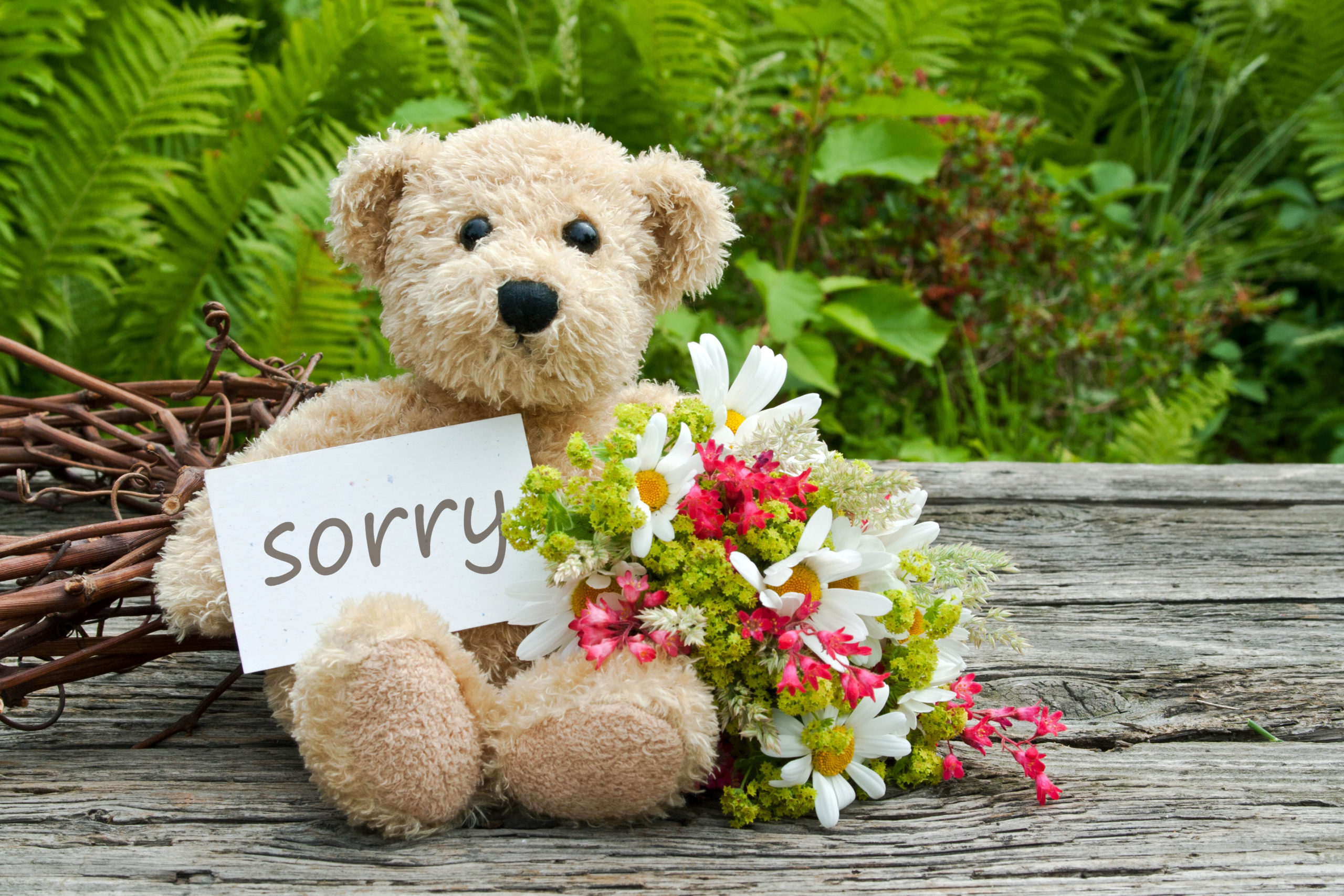By Rachel Rubenstein, LCSW – – –
Sorry! You’ve said something that hurt a friend? You did something that wasn’t quite “right.” What do you do? Apologize! Recognizing you made a mistake or hurt someone’s feelings is powerful! Self-reflection and awareness are powerful character traits and skills we can learn.
So, how do we apologize? Saying sorry is a start. For a more meaningful and self-aware apology it takes a few more words. Understanding your own behavior, how you hurt the other person and what you will do next time to avoid the hurtful situation is powerful and a sign of personal growth and strength. Give this 4-Step Apology a try, your friends will appreciate it and you will grow as a person.
The 4-Step Apology
- SORRY! Acknowledge what you have done or said. Being able to put into words what you regret acknowledges and validates that you are aware of your misstep no matter how big or little the error.
“I am sorry for (State what you said or did). Be clear, very specific and non-judgmental and descriptive.
Ex: I am sorry I didn’t ask you to eat lunch with me yesterday.
- WHY? What is the reason you did it? Most often a behavior has a need. There is a reason for what we said or did, whether it was a hurtful or helpful decision is the question. This is the part that takes insight and confidence. It takes a confident person to realize we aren’t perfect…remember, we are all human, we make mistakes.
“I did it because (State the reason why you did it.)
Ex: I did it because I was hurt and angry you didn’t choose me as your lab partner.
- VALIDATE. Tell your friend why what you said or did was wrong or hurtful.
“It was wrong because (Be specific how you hurt your friend.) Often when we are hurt or disappointed it can easily show itself as anger towards others.
Ex: It was wrong of me not to invite you to eat lunch with me because it’s OK for you to have other friends or pick someone else as a lab partner.
- MAKE A PLAN. What will you do next time? Remember, it is natural to have hurt feelings or make a mistake. We are human and we all make mistakes or do things we wish we hadn’t. Tell your friend what you will plan to do next time you have a similar experience. It is reassuring and shows you value the relationship.
“Next time I will (What you plan to do next time to take care of your feelings and communicate them to your friend.)
Ex: Next time I will talk to you about my feelings and being hurt or confused and ask you with curiosity about why you didn’t pick me as your lab partner/to do something together.
- ASK Yes, ask! Does your friend accept your apology? If not, ask what needs to be done for your friend to accept your apology. As long as it is helpful, respectful and you are comfortable with the request. A friend might ask for a hug or more conversation.
“Do you accept my apology?” or “What do I need to do for you to accept my apology?”
Apologizing and acknowledging a misstep is a powerful self-expression and a caring act. Remember, the more you understand your feelings and actions and how you relate to others, the more likely your relationships will be steady, stable and happy. Have questions? Want to learn more about communication skills and building healthy relationships? Seek out the support of a professional mental health provider, talk to a friend or your family. You got this, Girl!
************************************************************************************************************
Rachel Rubenstein, LCSW is an Arizona based Mental Health provider and owner of The Counseling Consultants, PLLC, a group of licensed Mental Health professionals serving kids and adults with a variety of Mental Health Wellness needs.

